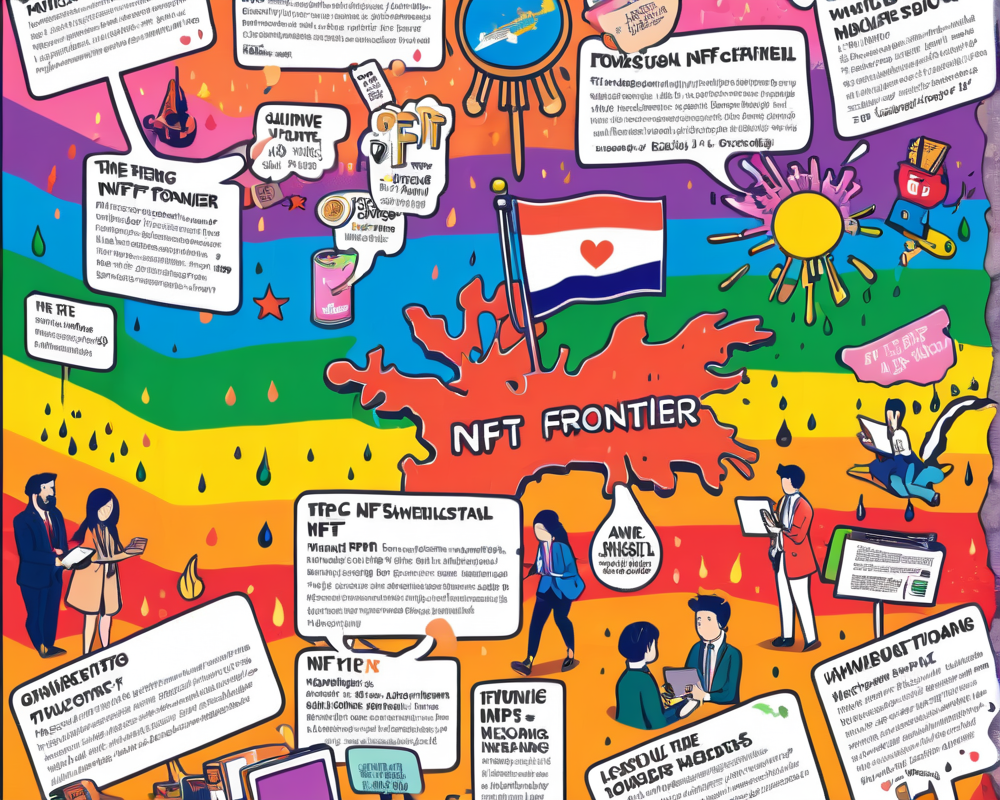The NFT Misunderstanding
Zach Burks, the CEO and founder of Mintable, recently chimed in on the U.K. government’s proposal to regulate nonfungible tokens (NFTs) in a way that may not capture their true essence. In an interview with a leading crypto publication, he pointed out that the U.K. parliamentary committee’s concerns seem to exaggerate the role NFTs play in copyright issues, reducing them simply to volatile digital assets.
The Shift from Speculation to Real Utility
Burks argues NFTs are in a transition period. Instead of being just flashy profile pictures, they are evolving into tools that brands are utilizing in inventive ways. “NFTs are moving away from the speculative boom of profile pictures and diving into real-world applications across various industries,” he explained.
What’s the Big Deal?
The committee’s recent report emphasized the ongoing copyright infringement risks through NFTs, urging immediate regulatory action. Sounds important, right? But Burks raises an intriguing point: “This isn’t just an NFT problem; it’s an internet problem.” He likened NFTs to existing platforms like YouTube and WordPress, which also grapple with copyright issues. If the tech giants can’t fully mitigate this, can we really expect a new law governing NFT’s to change the game?
The Misguided Regulation
The Culture, Media and Sport Committee’s suggestions include regulating NFTs under a specific copyright directive from the EU. Burks cautioned against such sweeping measures that don’t recognize the diverse functionality of NFTs. “This is like saying we need the same rules for Teslas as we did for Edison’s light bulb!”
Limitations of a One-Size-Fits-All Approach
Applying broad regulatory frameworks might hinder the amazing potential of NFTs. Burks emphasizes that NFTs could be utilized for countless purposes, from tracking car records to authenticating supply chains. Treating them solely as a form of digital art might stifle innovation.
Learning from Global Best Practices
Looking abroad, Burks pointed out, Singapore offers a nuanced regulatory perspective. In that region, the authorities assess NFTs based on their specific use cases. “If it’s an NFT of a Tesla stock, it’s treated as a security. If it’s an NFT linked to illegal substances, well, that gets the same treatment as illicit drugs,” he explained.
A Call for Nuance
The takeaway? Governments should consider the diverse applications of NFTs instead of painting them with a broad brush. The potential for NFTs extends far beyond artwork and speculation. Burks, who is in close contact with the U.K. government weekly, is hopeful for a more balanced approach that reflects their multifaceted nature.
Final Thoughts: Embracing the Future
As we continue to navigate the rapidly evolving NFT landscape, the importance of nuanced regulatory approaches cannot be overstated. Just as we adapt to new technologies, lawmakers need to do the same. Otherwise, we risk falling behind in understanding and embracing the multitude of possibilities that NFTs bring to the table.




